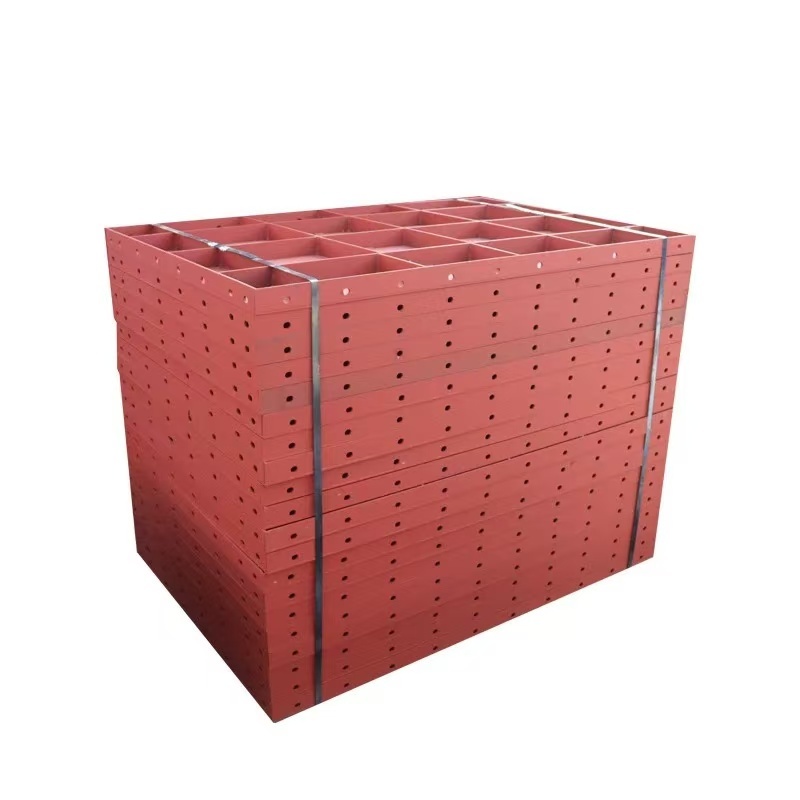Scaffold Your Success: The Building Blocks of Innovative Products
Discover how the scaffold concept enhances product design and innovation in various industries.

Introduction: What’s the Big Deal About Scaffolding?
Ever heard the phrase, ‘Rome wasn’t built in a day’? Well, they might as well have said, ‘With a solid scaffold, success is just a few steps away!’ Scaffolding, in the product development world, serves as a framework that holds everything together, guiding creators from concept to completion. So, let’s dive into how this fundamental structure plays a crucial role in bringing innovative products to life!
The Concept of Scaffold in Product Design
At its core, a scaffold provides the necessary support for your ideas. It’s like the skeleton of a building, offering stability while you flesh out your thoughts. Whether you’re crafting a new gadget or developing a software application, having a well-defined scaffold can make or break your project. It helps you visualize your product’s elements and ensures that everything fits together seamlessly.
Benefits of Using a Scaffold
- Clarity and Focus: A scaffold helps you keep your eyes on the prize. With a clear structure, you won’t get lost in the weeds of endless ideas.
- Efficiency: Time is money, right? A good scaffold streamlines your processes, helping you avoid unnecessary detours.
- Collaboration: When working with a team, a scaffold provides a common language. Everyone knows where they fit in the big picture, making collaboration a breeze.
Types of Scaffolds in Product Development
There’s more than one way to skin a cat, and similarly, there are various types of scaffolds you can use:
1. Conceptual Scaffold
This is where it all begins! A conceptual scaffold lays out your ideas, defining the scope and vision of your product. Think of it as the blueprint that sets the stage for everything that follows.
2. Technical Scaffold
Once you’ve nailed down your concept, the technical scaffold comes into play. It outlines the specifications, features, and functionalities that your product needs to deliver. This is crucial for developers who thrive on details.
3. User Experience Scaffold
If a tree falls in a forest and no one is around to hear it, does it make a sound? Similarly, if your product isn’t user-friendly, does it even exist? A user experience scaffold focuses on how customers will interact with your product, ensuring that usability is at the forefront.
Creating Your Scaffold
So, how do you go about building a scaffold for your product? Here’s a step-by-step guide:
- Define Your Goals: What do you want to achieve? Set clear objectives to guide your efforts.
- Break It Down: Divide your project into manageable chunks. This makes it easier to tackle each piece without feeling overwhelmed.
- Build Your Framework: Use the types of scaffolds mentioned earlier to create a comprehensive structure.
- Iterate: Don’t be afraid to make changes! Scaffolding is a dynamic process that evolves as your project develops.
Real-World Examples
Let’s look at a few examples where scaffolding has played a pivotal role:
- Tech Startups: Many successful tech companies use scaffolding to refine their MVPs (Minimum Viable Products), ensuring they meet market needs before scaling.
- Fashion Industry: Designers often create a scaffold of sketches and prototypes, allowing them to explore different styles and trends before finalizing a collection.
Final Thoughts: Building for the Future
In the fast-paced world of product development, having a solid scaffold isn’t just a good idea—it’s essential. It prepares you for the journey ahead, making sure you have all the right tools in your toolbox. So, next time you embark on a new project, remember to build your scaffold first. After all, a strong foundation is the key to success!
Key words:
PRODUCT SEARCH
Search And Quickly Find The Products You Need
With advantages in technology, quality, and service, the company is steadily advancing in the industry, continuously providing high-quality hydraulic rubber products and services to global customers, demonstrating strong development potential and broad market prospects.









